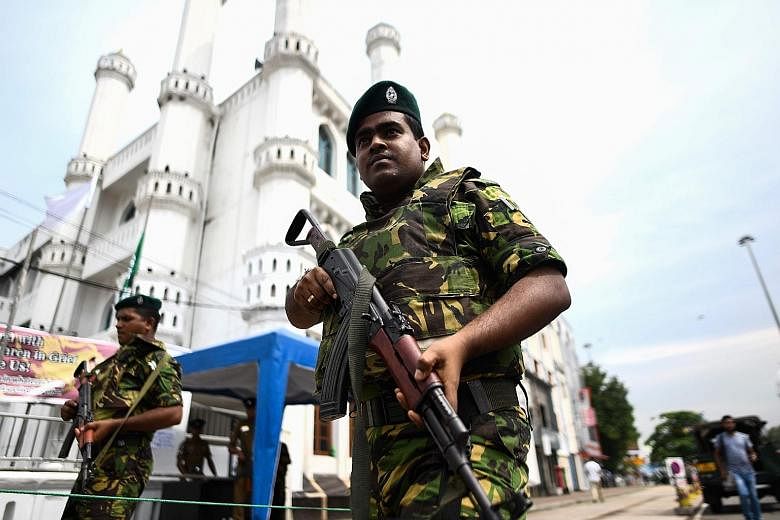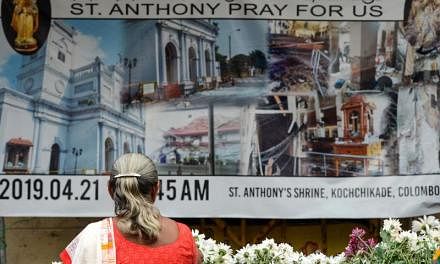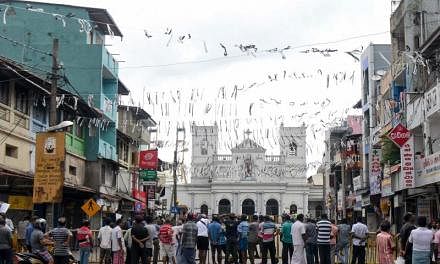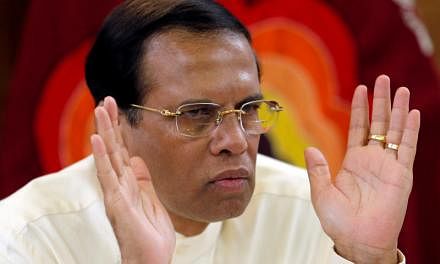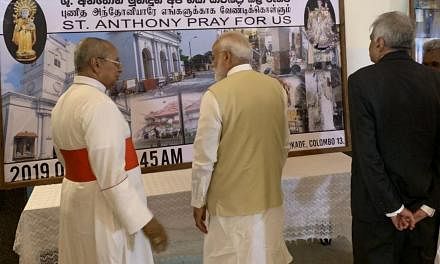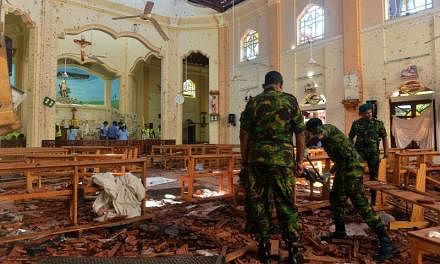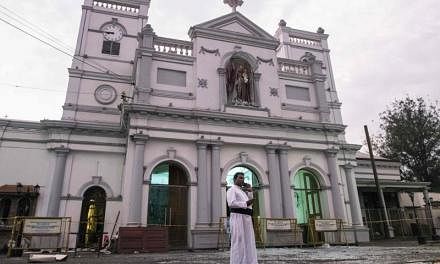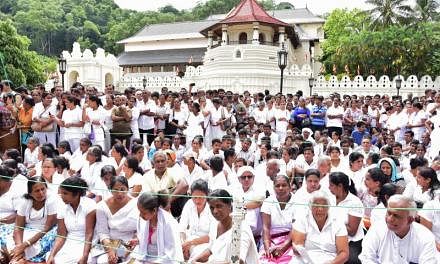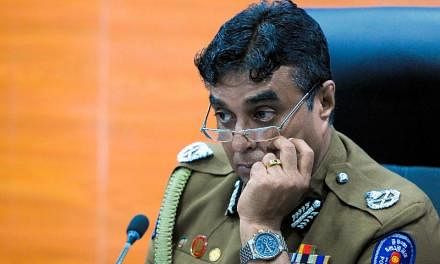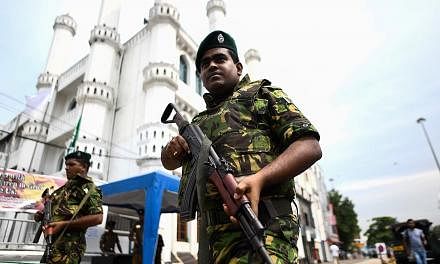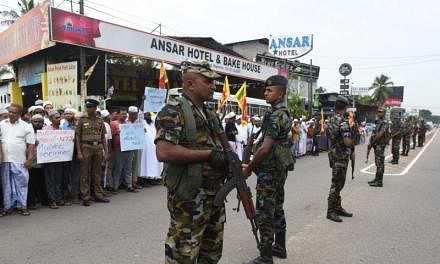COLOMBO • The Sri Lankan authorities failed to arrest an Islamist militant who led the Easter Sunday attacks that killed 258 people, despite mounting evidence against him, the country's top intelligence official has said.
Mr Sisira Mendis told a parliamentary inquiry into the security lapses which led to the April 21 suicide bombings that the attacks led by Zahran Hashim could have been avoided if the man had been detained.
"He was reported for hate speech. He had come to the attention of the authorities before the attacks," said Mr Mendis, the chief of national intelligence, on Wednesday.
"Police could have at least detained him for questioning when there were these reports against him," he added.
Official sources said Hashim came to the attention of the authorities after a violent clash with a moderate Muslim group in his village in eastern Sri Lanka two years ago. However, he was not arrested.
On Wednesday, Sri Lanka's Parliament began investigating the circumstances that had allowed a known Islamist group to stage the attack, which targeted three Christian churches and three luxury hotels.
Mr Mendis, who is tasked with coordinating various state spy operations, said the warnings of an impending assault were not taken seriously by Sri Lanka's main police intelligence unit, the State Intelligence Service.
Ten days before the attacks, Sri Lanka's police chief Pujith Jayasundara had warned that Hashim's National Thowheeth Jama'ath could target churches and other places.
But this was not followed up and no security plan was put in place even after the authorities received further intelligence from Indian officials, who had questioned a militant in their custody, according to official sources.
The government has admitted failure to prevent the attacks, which also killed 45 foreign nationals and wounded nearly 500 people in the worst act of violence in Sri Lanka since its civil war ended.
President Maithripala Sirisena has suspended Mr Jayasundara and dismissed his top defence official.
Sri Lanka has been under a state of emergency since the attacks, but Mr Sirisena announced on Monday that he will allow the tough laws to lapse within a month, as the security situation is "99 per cent back to normal".
When the extremists struck last month, the mainly Buddhist nation of 21 million people was about to mark a decade since the end of a 37-year Tamil separatist war.
AGENCE FRANCE-PRESSE
